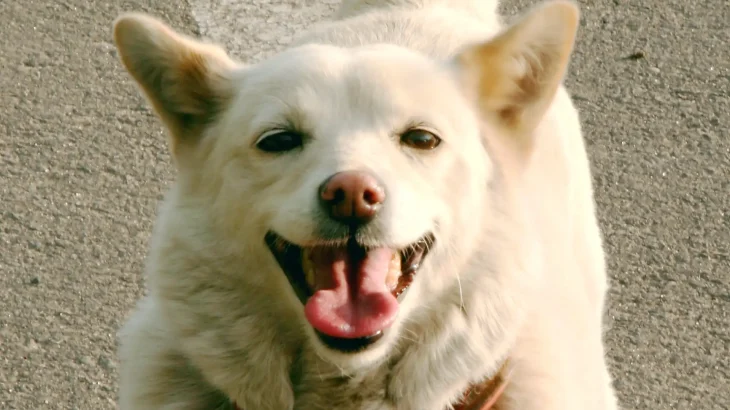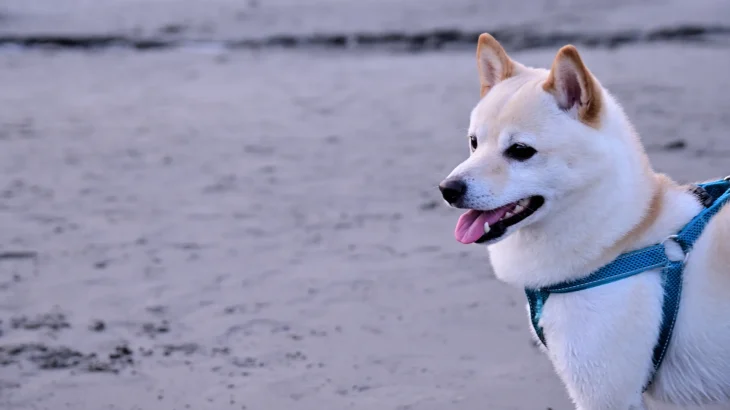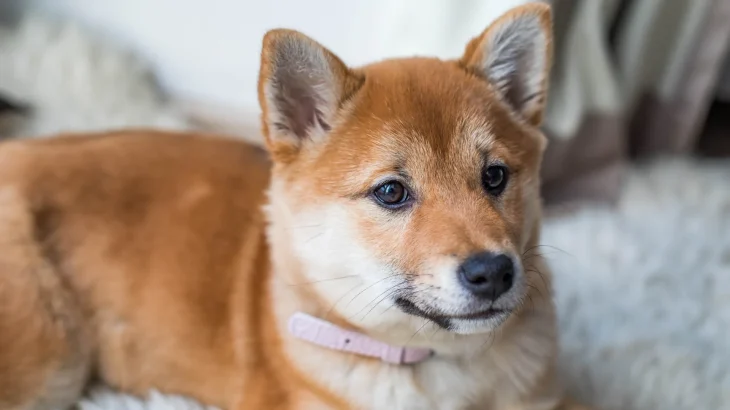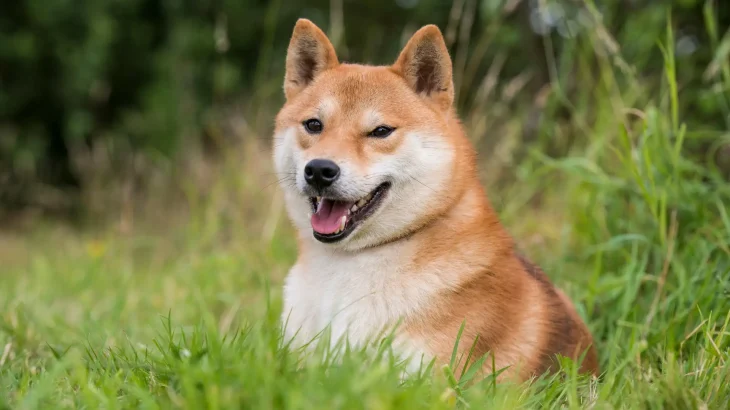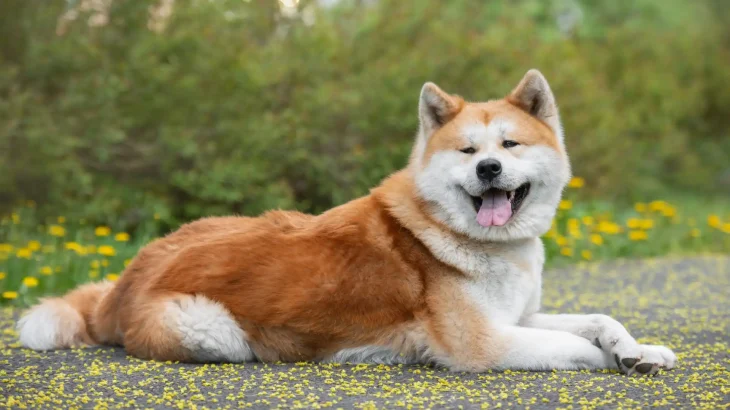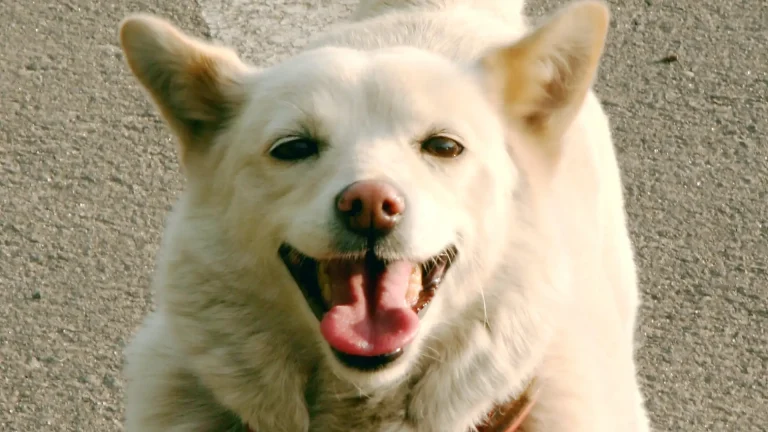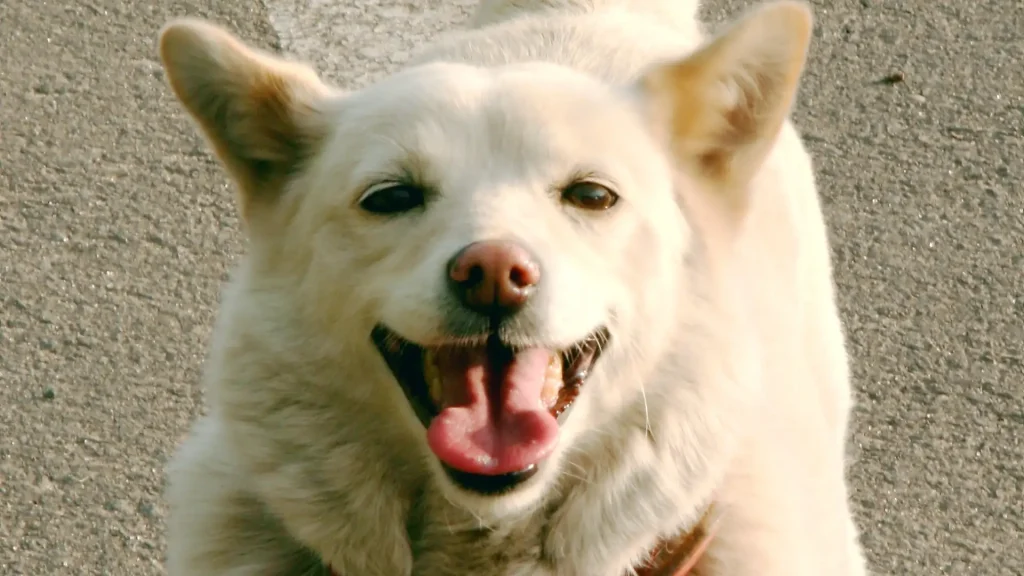Deciding between adopting or purchasing an Ainu Dog puppy involves weighing factors such as the certainty of the puppy's background and health against the chance to offer a home to a dog in need. Buying from a breeder often ensures documented lineage and health information, while adoption may provide less predictability but supports animal welfare efforts.
Adoption vs. Breeder: Pros & Cons
| Criteria | Buying from Breeder | Adopting from Shelter/Rescue |
|---|---|---|
| Cost | Typically higher investment due to purebred status and breeder expenses. | Generally lower fees, making it more accessible to many families. |
| Health History | Breeders provide detailed health records and genetic testing results. | Health history might be incomplete, but many shelters perform essential health screenings. |
| Age Availability | Primarily puppies available, allowing early bonding and training. | Varied ages including adults; potential to rescue a dog at any life stage. |
| Temperament Insight | Breeders often share information on lineage-based behavior traits. | Shelter staff can offer behavior observations but may not have full background details. |
| Supporting Practices | Supports preservation of breed through responsible breeding programs. | Contributes to reducing homeless pets and promotes animal welfare. |
| Ethical Considerations | Important to verify breeder ethics to avoid supporting puppy mills. | Helps combat pet overpopulation by providing homes for rescued animals. |

